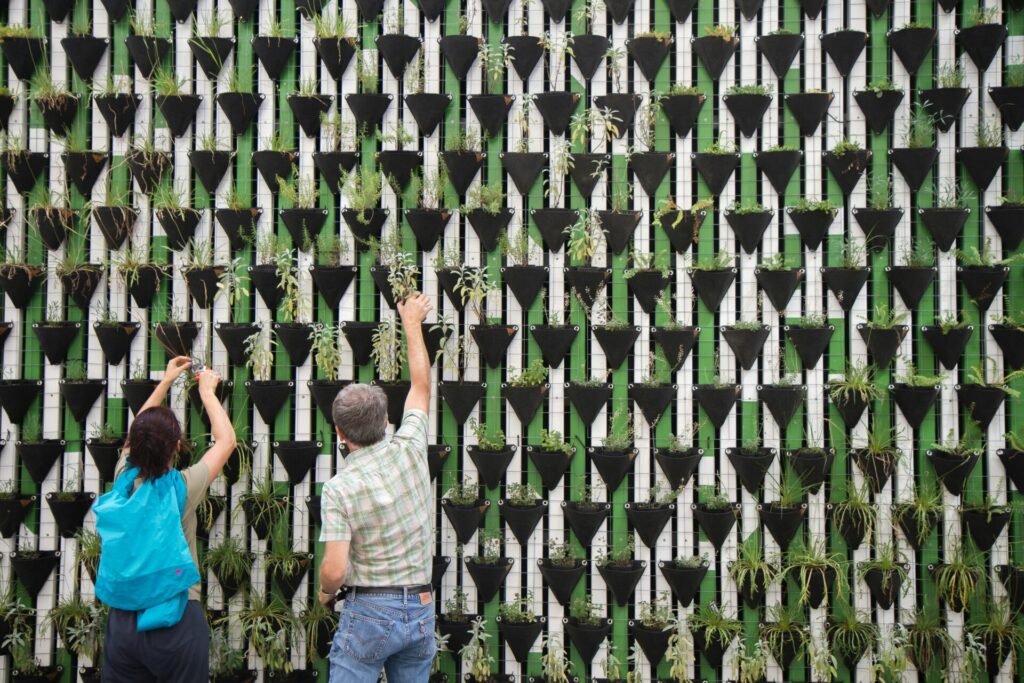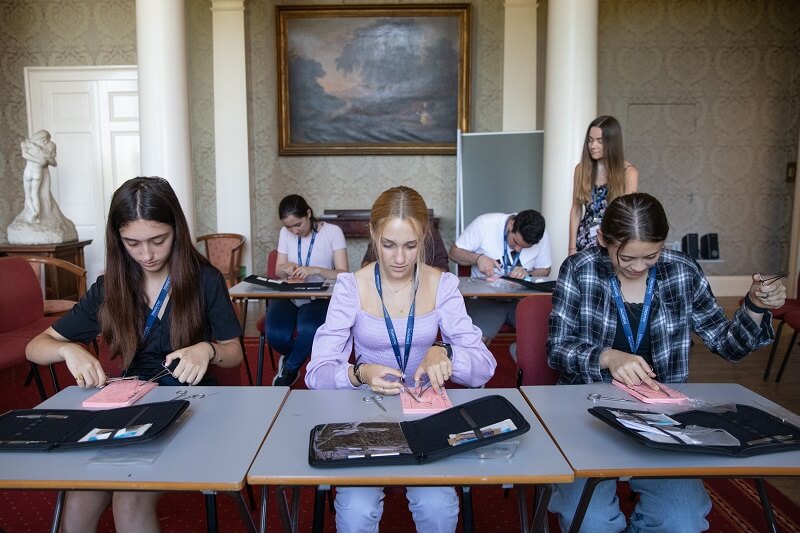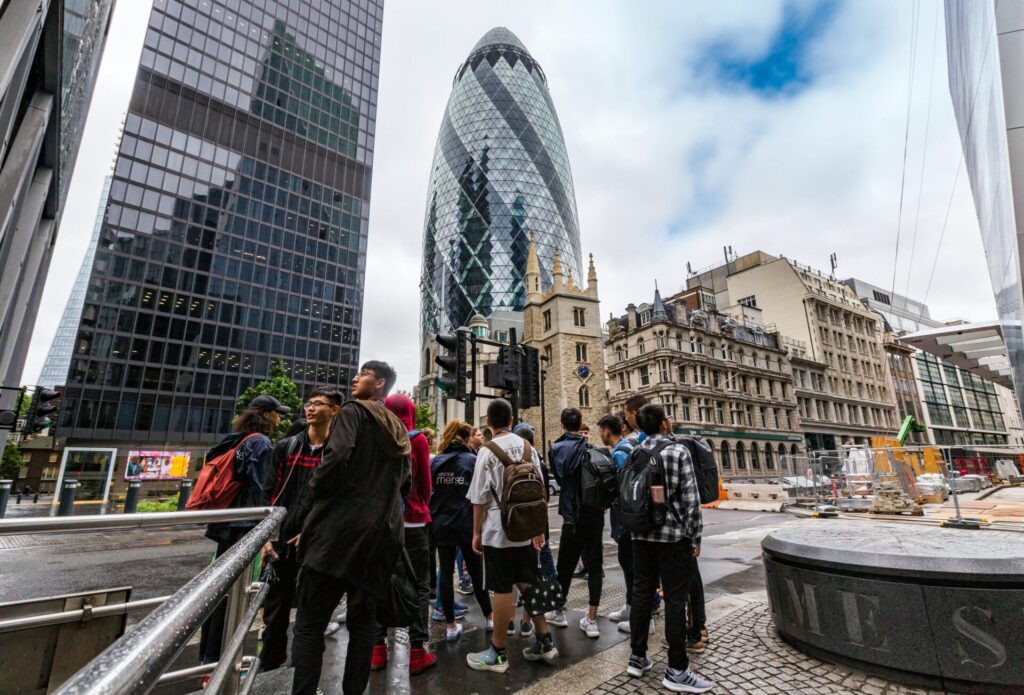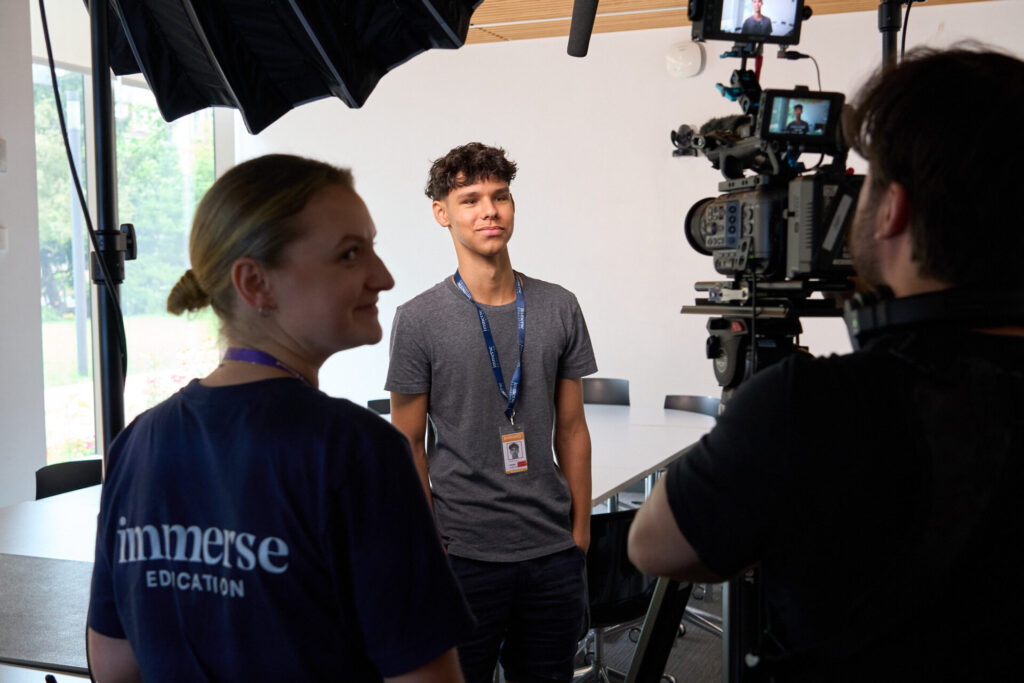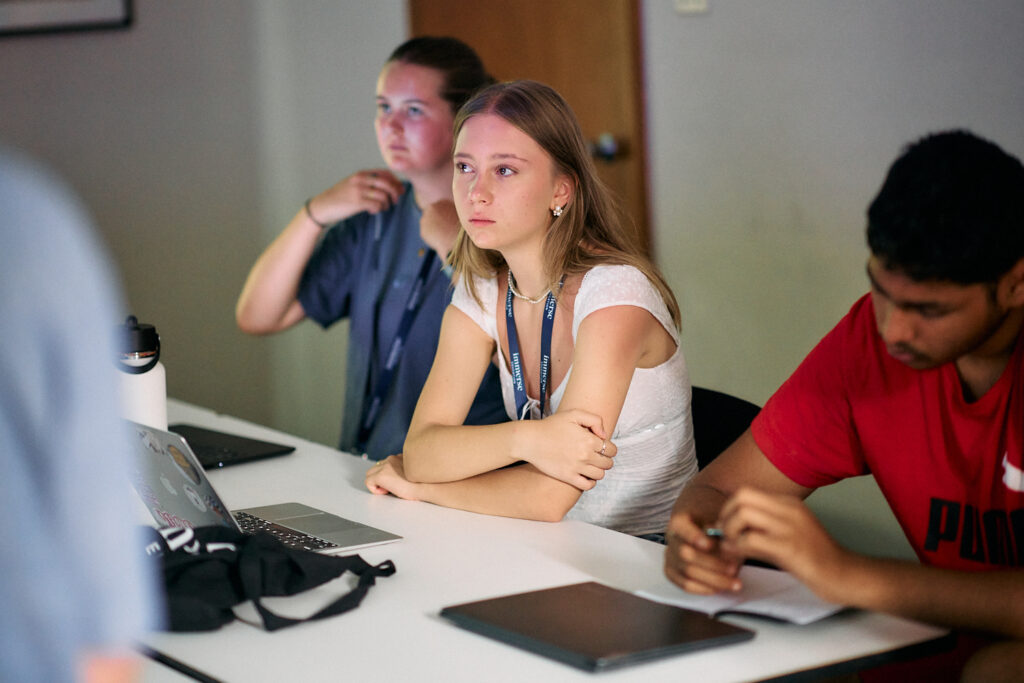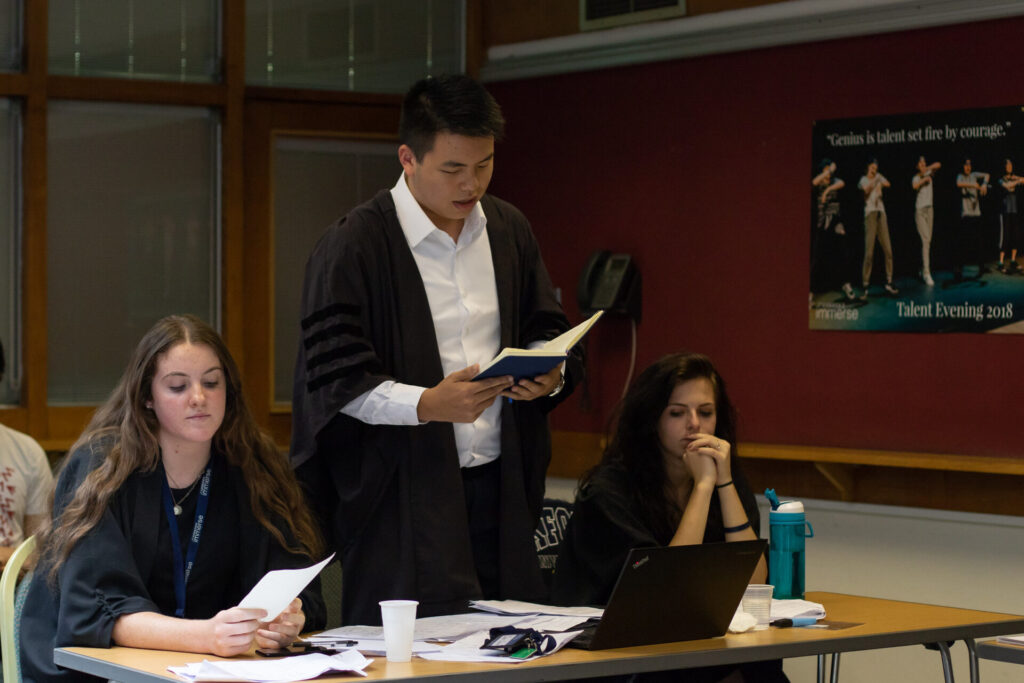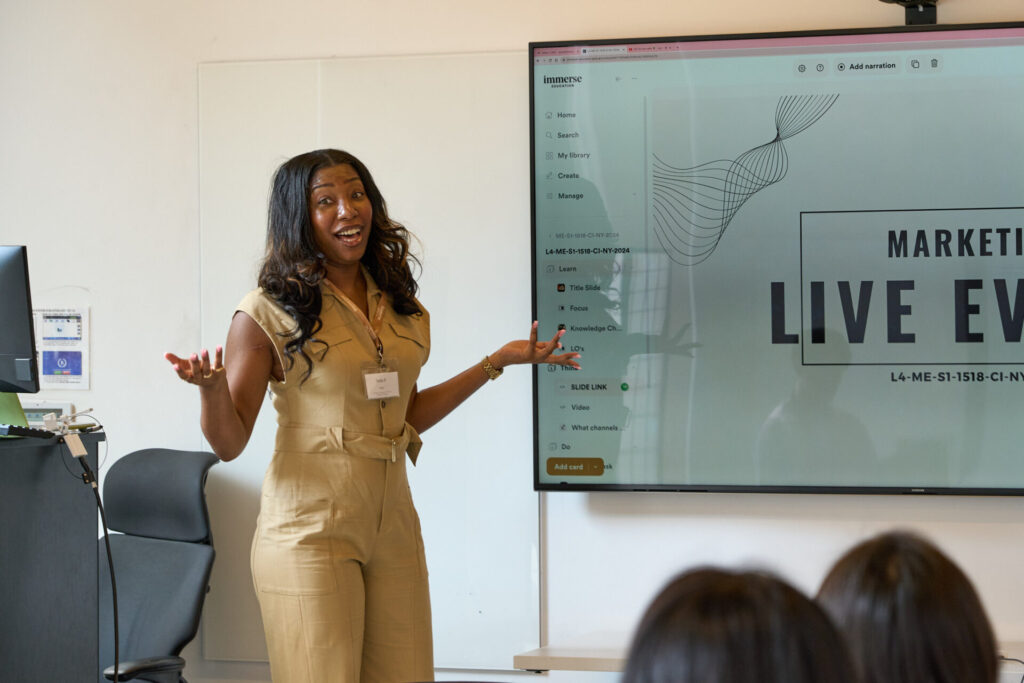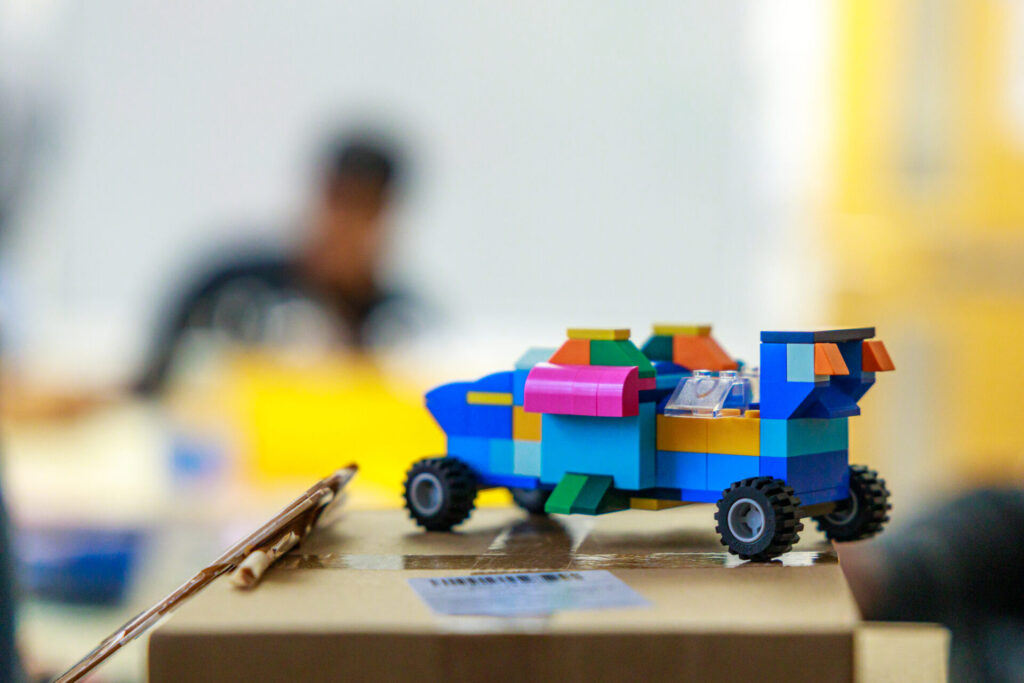San Francisco is considered the Innovation Capital of the World – and for good reason.
The city’s history is intertwined with technological innovations that have shaped the modern world, from the birth of the personal computer to the emergence of the internet age.
Today, AI startups are concentrated in the San Francisco Bay Area, just like internet startups were in the 90s, making the city poised to lead groundbreaking advancements in the field of AI.
This article explores how San Francisco is a driving force in shaping the future trajectory of AI and other transformative fields like data science & analytics.
With these technologies promising to shape our future, the exploration also offers a glimpse into the forces shaping our world. Importantly, it can help businesses and curious minds understand and unlock the boundless opportunities that lie ahead in these fields.
A legacy of innovation
San Francisco has been at the forefront of technological innovations since the early 20th century thanks to Silicon Valley, a region in the southern part of the San Francisco Bay Area that is home to a large number of innovative technology companies.
Stanford University icon Frederick Terman conceived the idea of concentrating high-tech businesses in the area when he collaborated with Stanford University and the City of Palo Alto in 1951 to establish the Stanford Industrial Park – a 660-acre park dedicated to tech offices, research labs, and manufacturing facilities.
With the Stanford Industrial Park setting the stage, Silicon Valley took off as an innovation hub in 1955 when William Shockley (who co-invented the transistor) started Shockley Semiconductors Laboratory to produce semiconductors.
In 1957, some talented engineers left Shockley Semiconductors Laboratory to form Fairchild Semiconductor. Their groundbreaking work in silicon-based integrated circuits started the digital age through revolutionising every industry, including computing, consumer electronics, telecommunications, and aerospace.
Two former employees of Fairchild Semiconductor (Gordon Moore and Robert Noyce) founded Intel Corporation in Santa Clara in 1968. Not long after, Intel invented the microprocessor, further solidifying Silicon Valley’s status as the epicentre of the computing revolution.
San Francisco played a big role in the development of the Internet, as Stanford University served as one of the four nodes of the ARPAnet – the experimental computer network that formed the basis of the Internet as we know it today.
Given San Francisco’s history with technological innovations, it’s unsurprising that the city is leading the development of the technological fields promising to change our future, particularly data science & analytics and software development & AI.
San Francisco is home to a large selection of research institutes and companies spearheading research and development in these distinct fields.
Those in data science focus on developing techniques and tools for extracting insights and knowledge from data, while those in AI focus on creating systems or machines capable of performing tasks that would typically require human intelligence.
The broader software development field focuses on creating solutions for specific needs.
Key early AI research institutions and pioneering companies based in San Francisco include:
SRI International
Founded as Stanford Research Institute in 1946, SRI International has been at the forefront of AI research since the inception of the field. SRI International’s Artificial Intelligence Center has been instrumental in the development of early AI technologies such as natural language processing and expert systems.
Stanford Artificial Intelligence Laboratory (SAIL)
SAIL is a renowned institution within Stanford University dedicated to the study and development of AI systems.
Founded in 1963 by John McCarthy, the institution has produced numerous groundbreaking research projects in machine learning, robotics, natural language processing, and autonomous systems.
Join the Immerse Education 2025 Essay Competition
Follow the instructions to write and submit your best essay for a chance to be awarded a 100% scholarship.

UC Berkeley – EECS Department
UC Berkeley’s (University of California, Berkeley) Department of Electrical Engineering and Computer Sciences (EECS) is another leading institution in AI research.
The department’s faculty and researchers have significantly contributed to AI research and development across various disciplines, such as deep learning, natural language processing, machine learning, computer vision, human-computer interface, and robotics.
OpenAI
OpenAI is a research organisation founded in 2015 to advance digital intelligence in a way that benefits humanity. The organisation has offices and research labs in San Francisco focused on cutting-edge AI research. OpenAI has been grabbing headlines for its generative AI system (ChatGPT).
Their large language models have demonstrated remarkable capabilities in understanding and generating natural language.
The rise of data science and AI
The early AI research institutes and pioneering companies founded in San Francisco laid the groundwork for the data science and AI powerhouse that the region has come to be.
However, it was the internet boom and the birth of big data that really shaped data science into a distinct field, with San Francisco hosting all the key actors.
The beginning of the Internet era in the 1990s led to an explosion of digital data, setting the stage for the emergence of data science.By the 2000s, the Internet boom has resulted in a proliferation of digital devices and online platforms, leading to a deluge of data. San Francisco became a hotbed for companies and research institutions seeking to develop solutions for handling and analysing massive data sets.
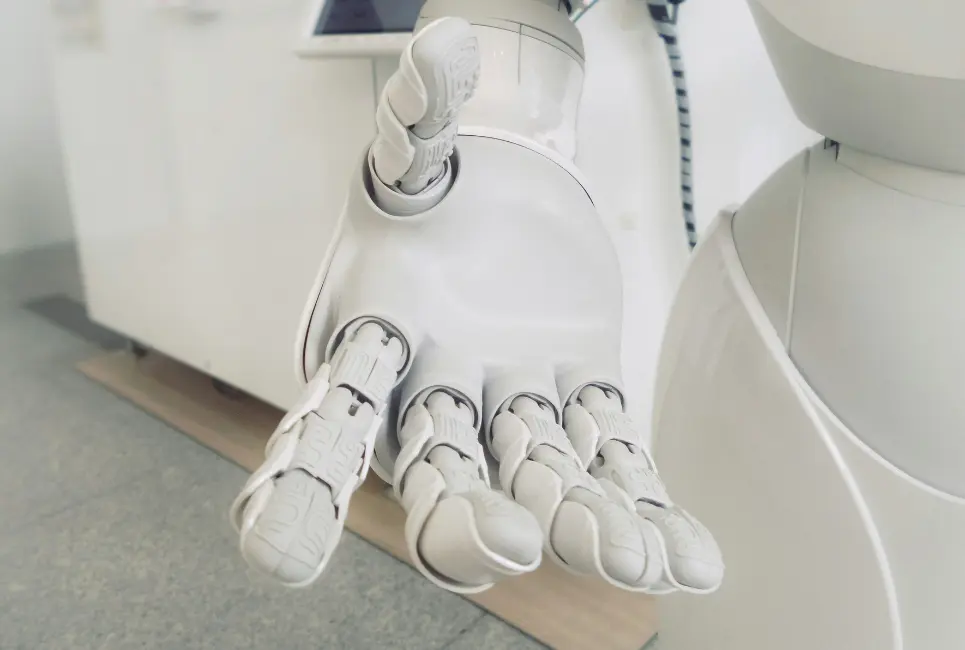
This led to innovations like Hadoop (developed by Doug Cutting at San Francisco-based Yahoo) and Apache Spark (pioneered by UC Berkeley researchers).
These scalable solutions for processing and extracting insights from vast volumes of data sets further cemented San Francisco’s role as a leader in data science.
In recent years, San Francisco has strengthened its position as a global hub for data science and AI by hosting major events like the Data + AI Summit and Data Science Salon.
These events attract thousands of the world’s best data scientists, AI researchers, and technology enthusiasts. They serve as a forum for knowledge sharing, networking, and exploration of emerging technologies and trends in data science and AI.
Ecosystem and infrastructure
San Francisco’s robust ecosystem and infrastructure are central to its emergence as a leader in data science and AI technologies. There’s perfect synergy between educational institutions, industry players, and government initiatives, fostering innovation and a data-driven revolution.
At the heart of this ecosystem are leading research institutions like Stanford University and UC Berkeley, which provide access to authorities in these fields and cutting-edge research facilities.
These institutions not only produce some of the best talents in the field, but they also lead groundbreaking research that pushes the industry forward. For example, UC Berkeley’s AI Research Lab has been leading innovations in machine learning models.
In addition to these institutions, there is a vibrant tech industry featuring a myriad of companies, ranging from tech giants like Google, Facebook, and Salesforce to innovative startups. These companies drive innovation through their investments and developments and provide opportunities for talented data scientists.
Government policies also played a big role in making San Francisco conducive to innovation and growth in data science and AI.
Government initiatives such as grants for technology startups, tax incentives for research and development, and public-private partnerships for infrastructural development have helped make San Francisco an environment where data science and AI innovation thrive.
The role of government initiatives in creating an ecosystem where tech innovation thrives cannot be overemphasised.
Startup culture and innovation hubs
San Francisco has a vibrant startup culture. The city’s unique blend of resources, talent, and innovative spirit makes it the ideal location for startups, especially those in Data Science and AI.
Some unique aspects of San Francisco’s startup culture that make it more attractive than other tech hubs in the world are:
Presence of accelerators and incubators
San Francisco’s status as the Innovation Capital of the World means it boasts an array of accelerators and incubators (programs and organisations that support new startups to help them grow and succeed).
Startups in the city benefit greatly from these accelerators. Benefits can include.
- Resources: Accelerators can provide access to office spaces, equipment, and software, which can help startups with limited resources.
- Mentorship: Startups can have access to experienced industry professionals to mentor and guide them on strategy, product development, and more
- Validation: Being accepted into a reputable accelerator or incubator program provides validation and credibility, which can help them attract talents, investors, and customers.
- Collaboration: These programs often bring together startups, investors, and other stakeholders, which can help startups secure the partnerships they need to succeed.
Networking events and tech meetups
Being a vibrant tech community, San Francisco hosts numerous meetups, conferences, and networking events focused on emerging technologies, including data science and AI.
These events allow startups to connect with like-minded individuals, investors, and potential partners.
Access to venture capital and funding opportunities
Renowned as the world’s leading technology hub, San Francisco attracts significant venture capital investment, particularly in the technology sector.
Data science and AI startups in San Francisco will have access to a host of venture capitalists, angel investors, and corporate partners willing to fund innovative ideas and support business growth.
Industry leaders and talent pool
Some factors that make San Francisco attractive to startups in the fields of data science and AI include:
Proximity to industry leaders and thought leaders
San Francisco is home to some of the biggest companies in the data science and AI fields (such as Google, Facebook, Apple, Salesforce, and Tesla).
As a result, the key figures in data science and AI call San Francisco home. Being in close proximity with these influential players not only enables startups to stay abreast of AI trends and best practices, but it also offers valuable opportunities for mentorships and partnerships.
Some of the luminaries in the San Francisco AI and data science space are:
Andrew Ng
Andrew Ng is a globally recognised figure in machine learning and AI. He is the co-founder of Google Brain, which paved the way for significant advancements in deep learning.
His work not only advanced AI but also played a pivotal role in popularising online education through platforms like Coursera (which he co-founded).
Fei-Fei Li
Fei-Fei Li is a world-renowned computer scientist and AI researcher. She co-founded Google Cloud AI and contributed immensely to the development of image recognition algorithms.
Her advocacy for responsible AI has influenced ethical considerations in the industry.
Jeff Dean
Jeff Dean is a distinguished computer scientist and software engineer. He’s head of Google Research and Machine Intelligence. Dean made significant contributions to the development of numerous Google technologies, including TensorFlow—an open-source machine learning software library.
His contribution has shaped industry standards and best practices in AI research and development.
Joi Ito
Joi Ito is a technology entrepreneur, investor, and former director of the MIT Media Lab. He’s a vocal advocate for the ethical and responsible development of AI.
His work has spurred conversations around the importance of considering ethics and values in technological advancements.
Daphne Koller
Daphne Koller is a computer scientist and entrepreneur famous for her work in using probabilistic modelling and machine learning to model and analyse complex domains.
Koller’s efforts have paved the way for the integration of AI technologies in various sectors, including education and pharmaceuticals.
Proximity to top-tier talent
In addition to offering proximity to industry leaders, another allure of San Francisco is its rich pool of top-tier talent. This is thanks to being home to leading institutions like Stanford University and UC Berkeley that are spearheading research and development of data science and AI technologies.
With world-class programs and strong industry connections, these institutions produce graduates who are well-equipped to tackle real-world challenges in AI and data science.
This creates a rich pool of potential employees and collaborators for startups.
San Francisco’s status as the world’s #1 tech hub and its thriving startup ecosystem help the city attract talents from around the world. The concentration of tech companies and robust networking opportunities make San Francisco an attractive destination for professionals seeking career advancement in these transformative fields.
The city’s diverse and inclusive culture, culinary delights and outdoor recreational activities further contribute to its appeal among international talents.
Impact and future prospects
As San Francisco continues to spearhead innovation in data science and Artificial Intelligence, the impact reverberates across industries and societies.
One of the most prominent examples of how San Francisco’s data science and AI sectors shape societal advancements is the development of Cruise Automation.
Cruise is an autonomous vehicle technology company based in San Francisco. The company combines AI, machine learning algorithms, and sensor fusion to enable cars to drive themselves. Cruise’s self-driving cars navigate safely and efficiently in complex urban environments.
This self-driving AI-driven innovation promises to revolutionise the future of transportation with the potential to improve road safety, reduce traffic congestion, and mitigate environmental impacts.
While AI technologies drive profound societal advancements on a global scale, these opportunities come with ethical and regulatory challenges that must be addressed.
Some of these concerns are:
Privacy
Since AI systems use vast amounts of data, there’s a risk of unauthorised access, misuse, and exploitation of personal information. This raises concerns about data protection and privacy.
Algorithmic bias
AI systems can inherit biases in the data used to train them, leading to discriminatory outcomes.
For example, if the historical lending data used to train an AI-powered credit scoring model reflects systematic inequalities in access to credit based on race or socioeconomic status, the AI system may marginalise these groups.
Job displacement
AI technologies have the potential to automate tasks and boost productivity. This raises concerns about these technologies disrupting traditional employment sectors, leading to job loss. For example, self-driving vehicles may affect jobs such as truck driving and delivery services.
Transparency
There is a lack of transparency regarding how some AI algorithms make their decisions. This can undermine trust in these systems.
Given these concerns, balancing AI innovations with ethical considerations and regulatory oversights is essential for the responsible deployment of these technologies. This will help harness the full potential of AI and data science technologies while minimising the potential risks.
Final thoughts
As the world’s leading tech hub, San Francisco has been at the forefront of tech innovations. So, it’s unsurprising that the city is also spearheading data science and AI research and development.
Immerse Education offers a solid foundation that prepares individuals for future success in the tech environment of San Francisco.
We provide participants aged 15-18 with unparalleled educational experiences. We offer Software development & AI and Data Science & Analytics programmes for these age groups that guarantee a solid foundation in these transformative fields.
Our participants accept offers from Ivy League colleges, secure internships at leading brands, and land jobs at elite global firms. Enrol in our San Francisco Summer School today.








